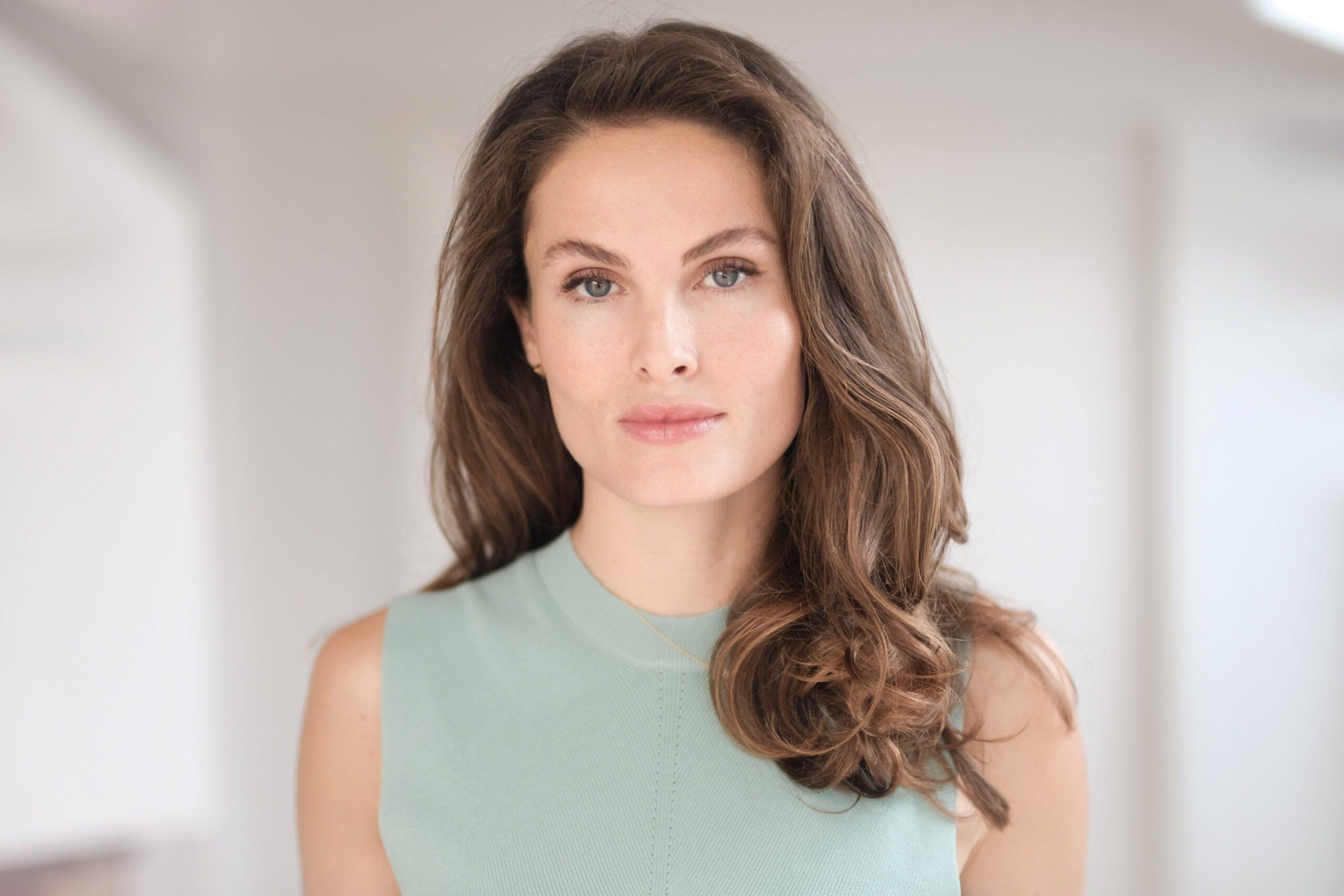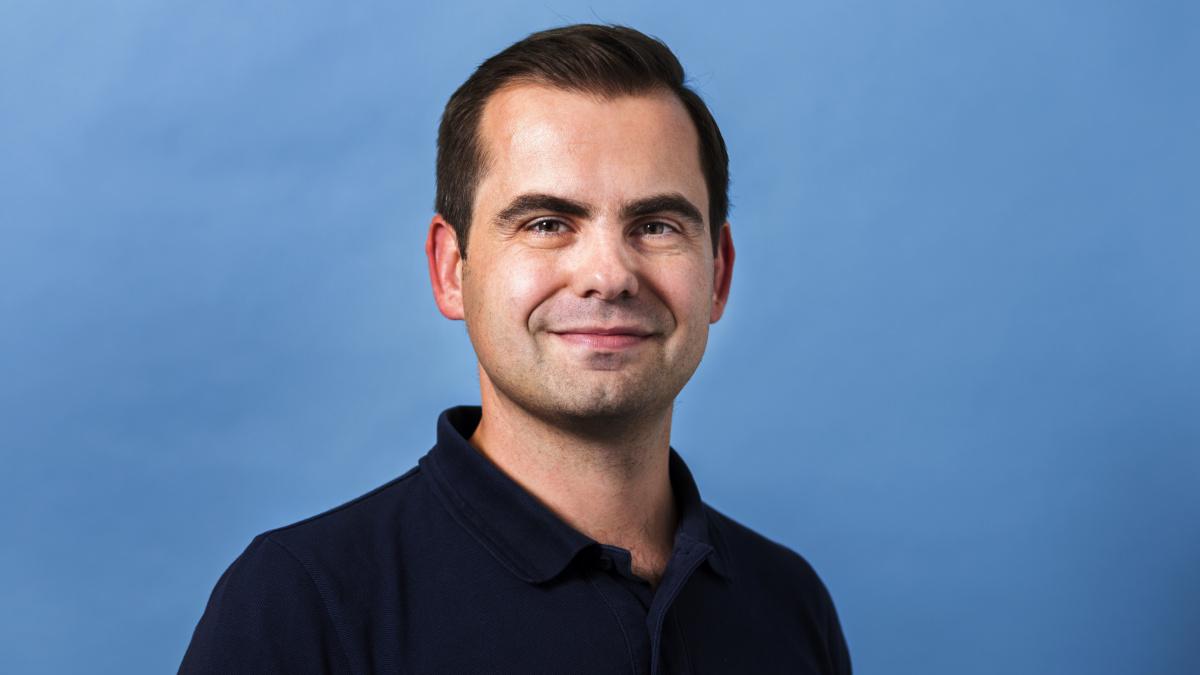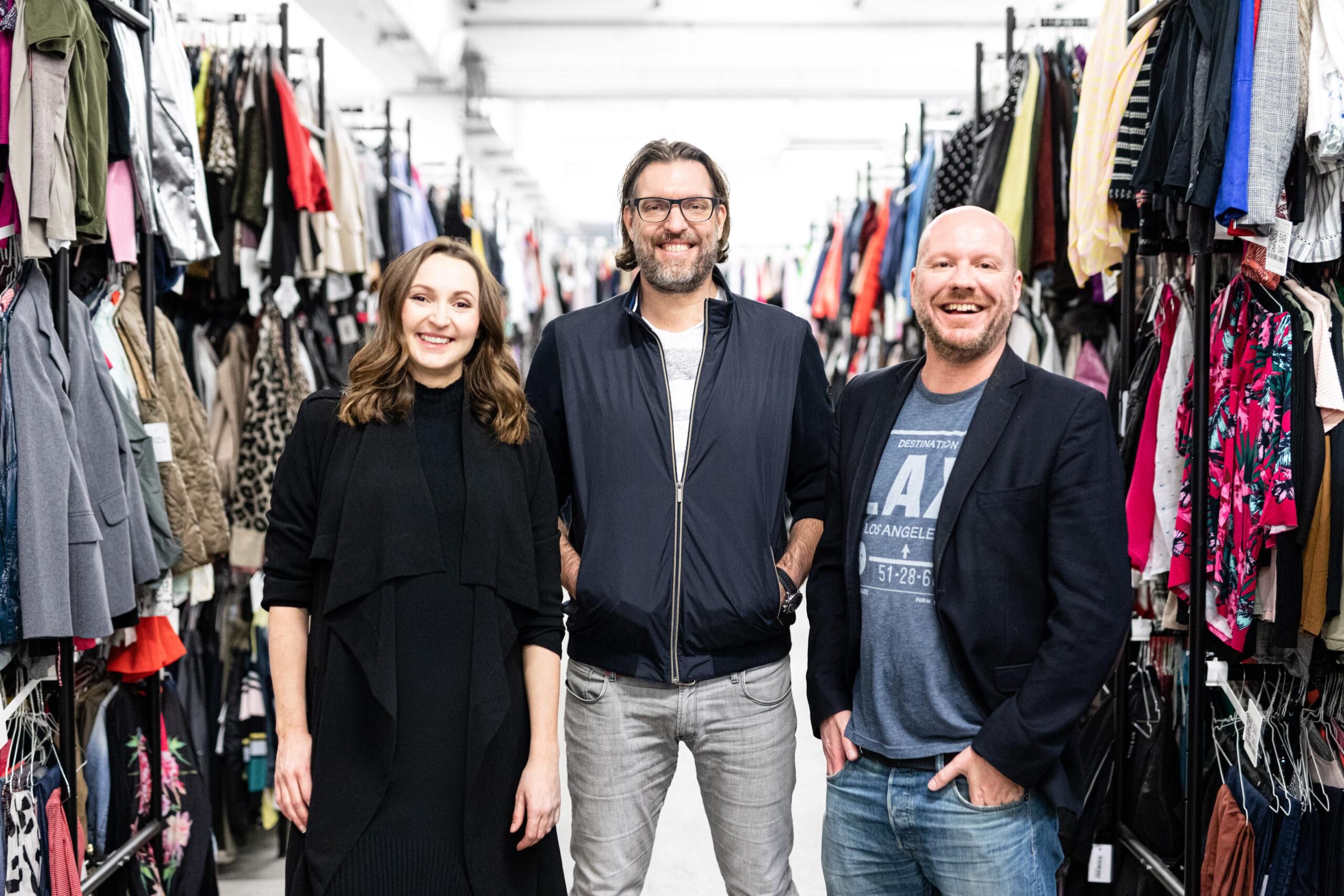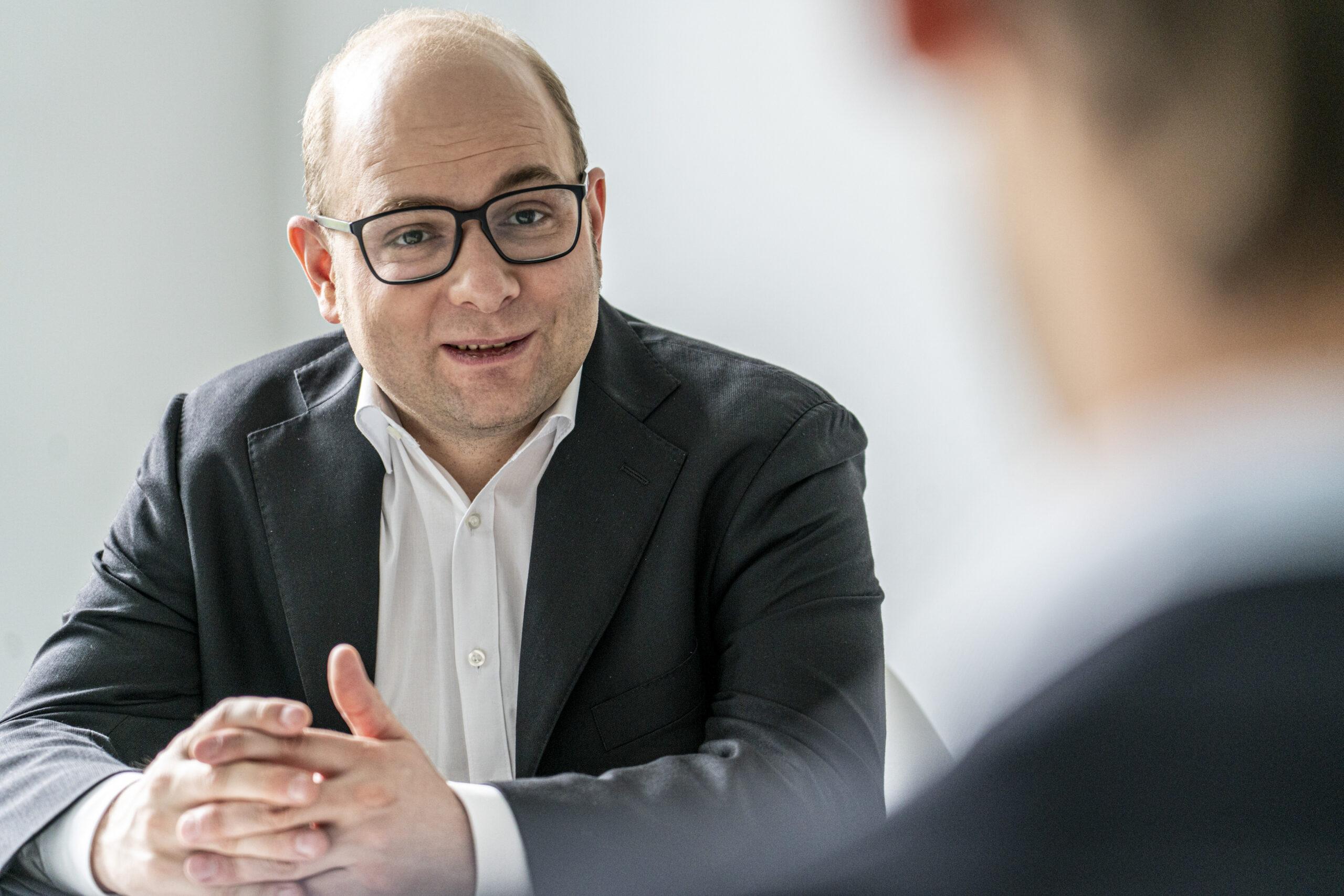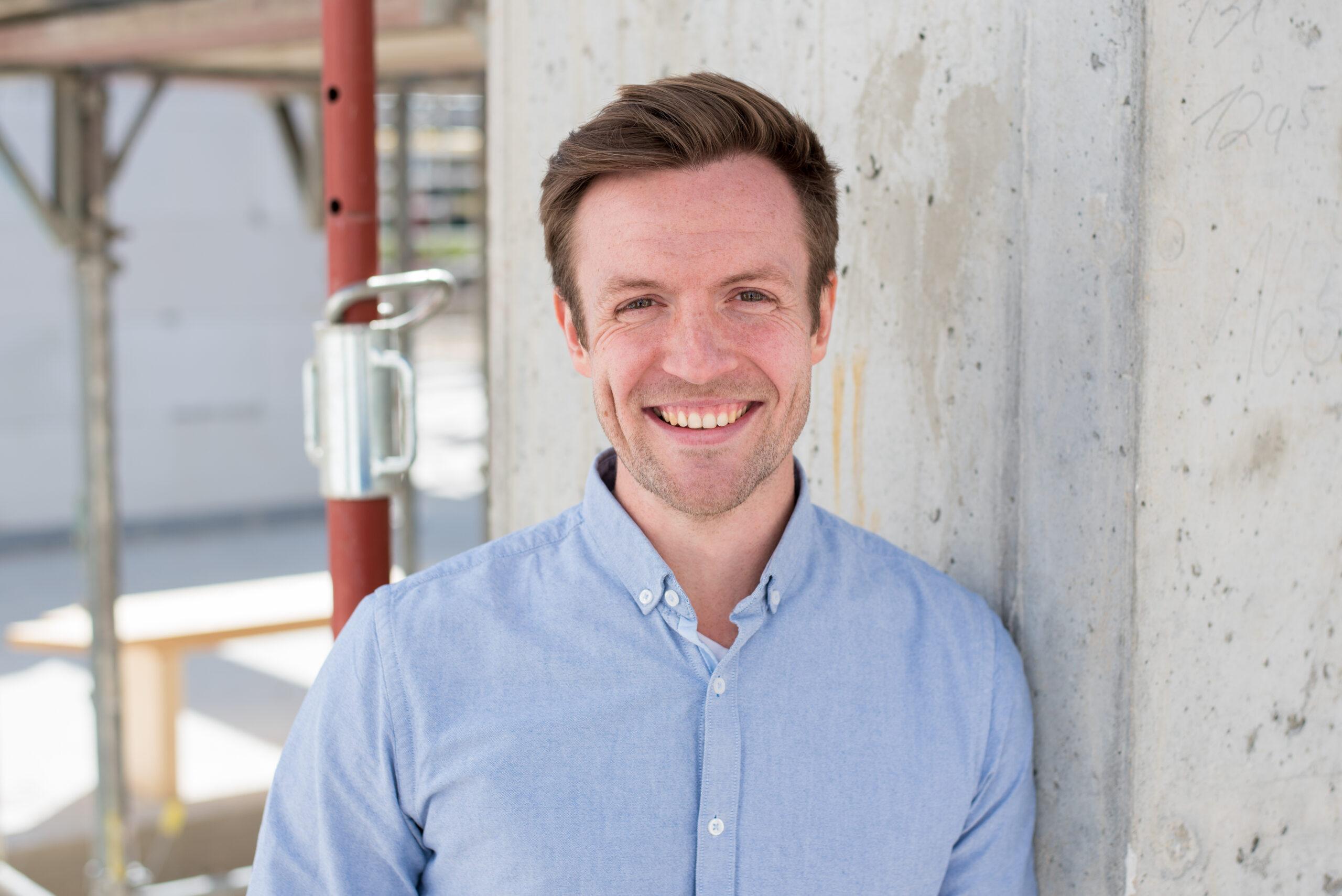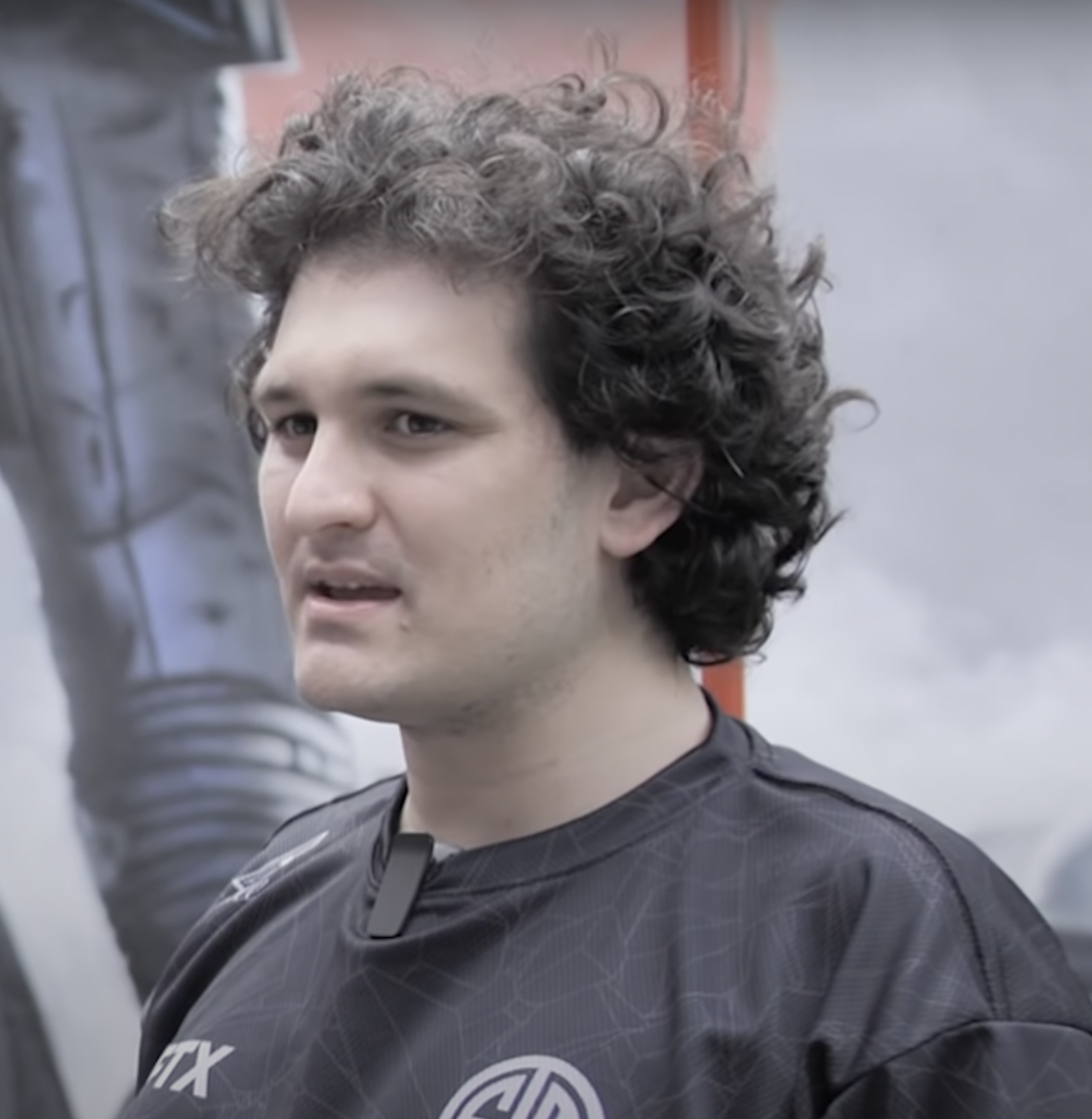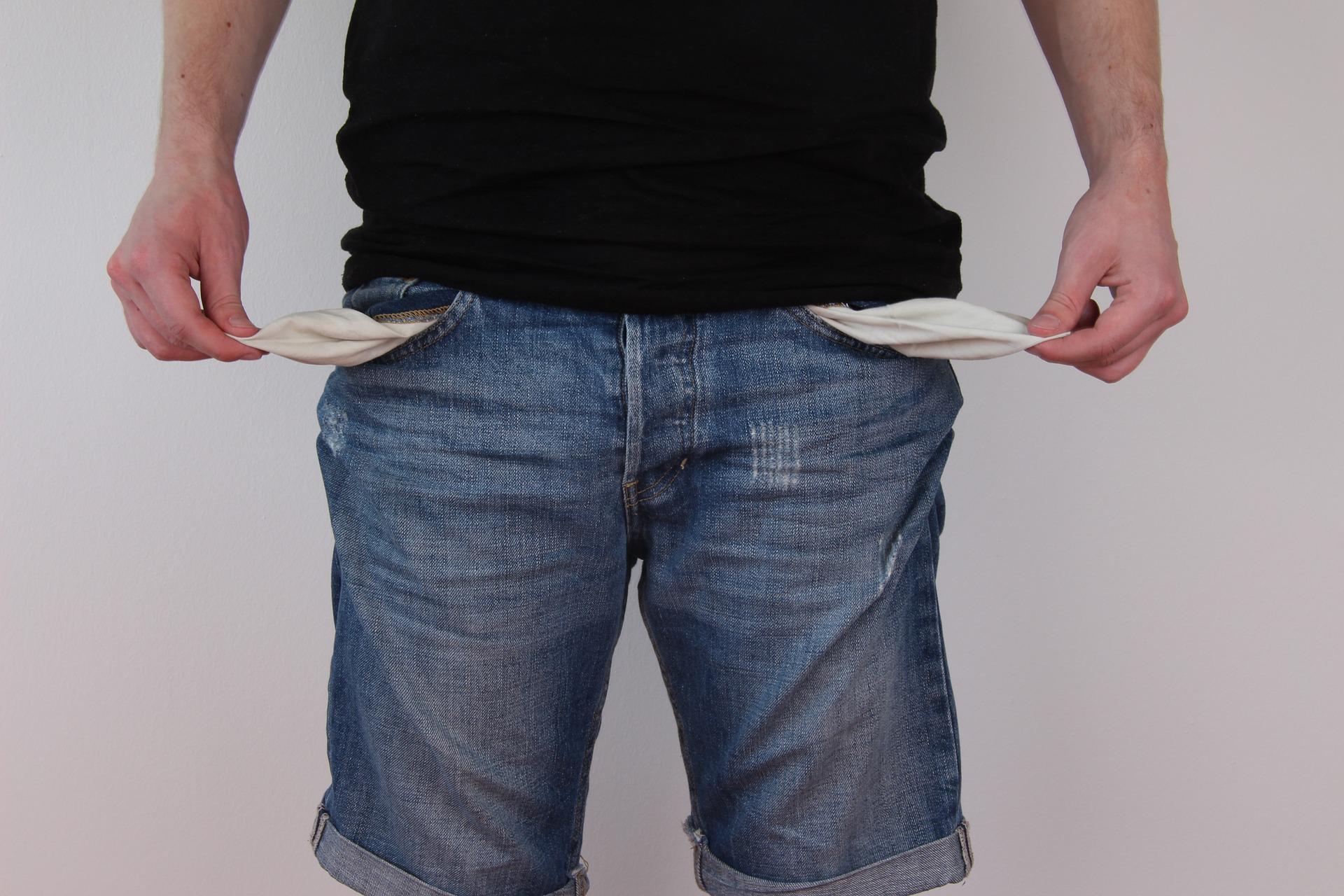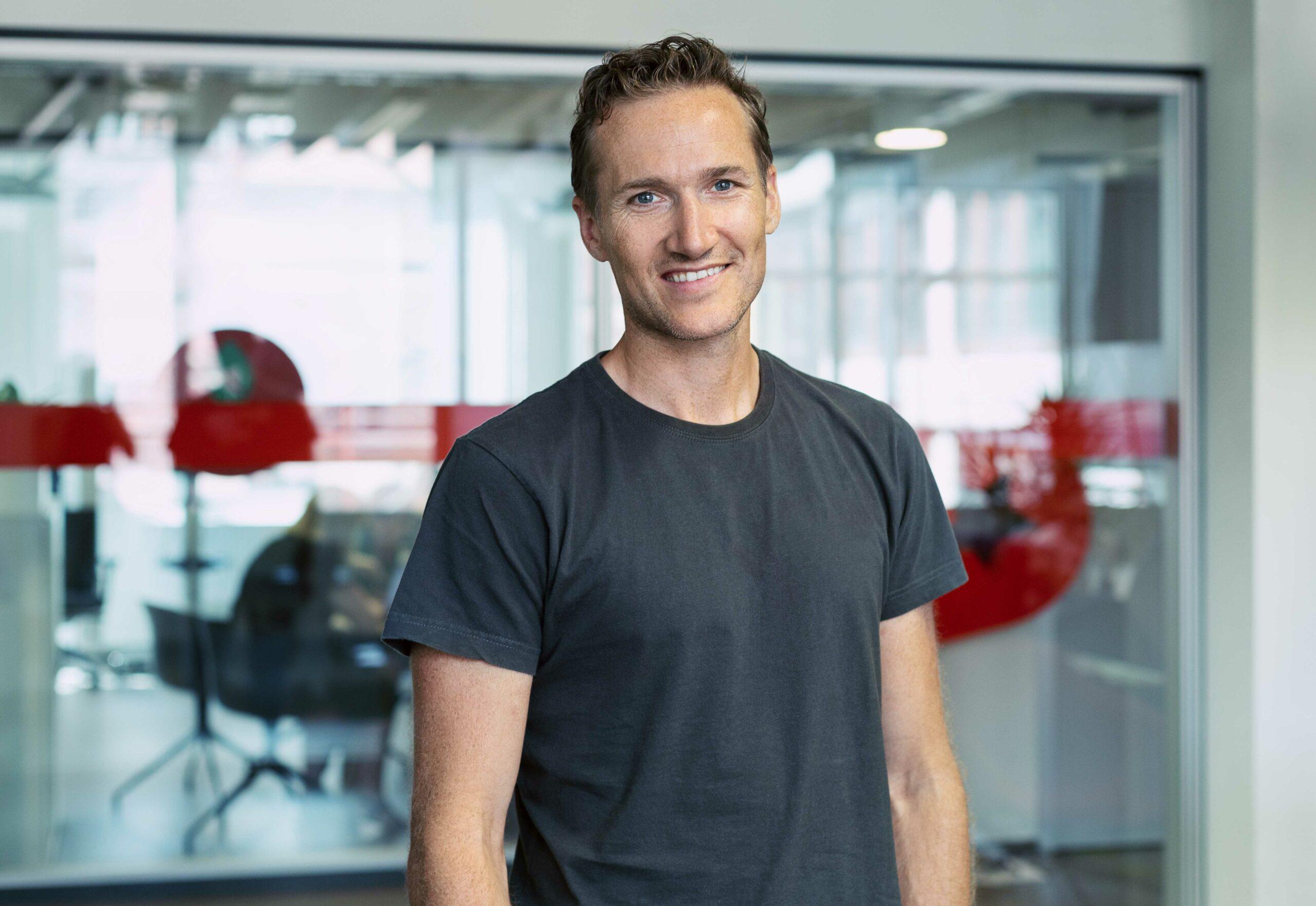"Die Höhle der Löwen" damages the start-up scene
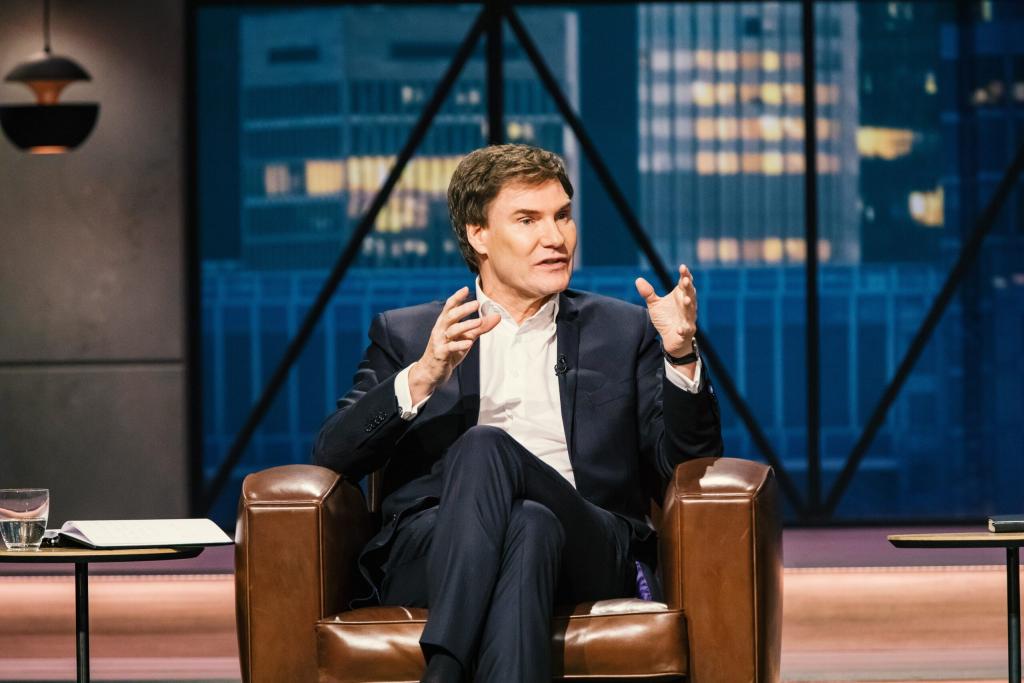
The twelfth season of the start-up show "Die Höhle der Löwen" is currently running. However, the show is not helping the founder's image - on the contrary.
Since the end of August, the start-up show "Die Höhle der Löwen" has been running again on Monday evenings on the private channel Vox, and as nice as it looks like the start-up scene, it is far from it. Because neither the initiation, nor the pitch, nor anything about this show shows even a little bit of the start-up world - and that's a problem.
For TV viewers, it would be potentially mind-numbing to follow the often rocky road of an investment, which is why this abbreviated investment process is shown on camera, consisting only of pitch and handshake. But this simplification creates a false image of the start-up scene - one that could well have a demotivating effect on founders who prefer to shine with good ideas rather than big words. In this way, the show does the startup scene no favors, no, on the contrary: Die Höhle der Löwen does the startup scene a disservice.
Nose hair remover or furniture for cats: The products on DHDL are curious
It starts right up front, with the products the founders pitch. Here is a small selection: Nose hair remover, furniture for cats, a training device for pelvic floor muscles, snacks that humans and dogs can eat together, cosmetics made from breast milk, non-slip socks and a foldable kayak.
What is immediately striking here is that these are all products aimed at consumers, i.e. a so-called B2C product. Yet German startups generate most of their sales in the B2B sector: Around 71.5 percent of sales are to business customers, as shown by the German Startup Monitor (DSM), for which almost 2,000 companies were surveyed.
What also emerges from this survey is that two-thirds of the startups surveyed assign themselves to a digital business model, and the dominant sector is information and communications technology - meaning that reality and the show are absolutely at odds with each other.
"Die Höhle der Löwen" has about as much in common with the start-up world as "Germany's Next Topmodel" does with modeling.
Well, sure. A few of the "Höhle der Löwen" business models are digital, of course, such as the app "Uniheld," which is designed to give students discounts and offers. But most of the founders present analog products and business models in their pitches. After all, the audience wants to be entertained. In the evening, over a bag of chips and a glass of wine, very few of the audience feel like having complex software solutions explained to them that may not even be of interest to consumers, but only to some logistics company that can use them to speed up its processes. Yet these are actually the ideas that succeed in reality.
The selection of business models presented shows that "Die Höhle der Löwen" has about as much in common with the start-up world as "Germany's Next Topmodel" has with modeling. Sure, GNTM has also produced some models who are now successful on international catwalks and not just touting some fitness tees on Instagram. In the same way, there are also successful start-ups that became known from "Die Höhle der Löwen," such as Ankerkraut.
The show has produced many flops
But the Vox show has also produced many flops. This is shown by calculations of the credit rating agency Creditsafe. According to these, the risk of insolvency in the next twelve months for start-ups that have landed a deal on "Die Höhle der Löwen" is 2.5 percent on average. By comparison, the average figure for all German companies is 1.25 percent.
In the past eleven seasons, 53 percent of the business ideas aroused the interest of the investors from the jury and received a deal. However, the deal often fell through after the fact - in around 20 percent of cases, to be precise. In the current season, too, several deals did not materialize after detailed negotiations following the broadcast.
It's not surprising that so many deals made in front of the camera are cancelled behind the scenes, because the "lions" - the investors from the show - make their decisions in less than an hour. They receive hardly any info about the founders and their idea before the show - the only basis for the investment decision, which is made far too spontaneously, is the pitch that the founders present on the show. This is about as realistic as the walks from "Germany's Next Topmodel," which are often more reminiscent of obstacle courses from "Takeshi's Castle" than catwalks in Paris.
So it doesn't happen quite as spectacularly as in "Die Höhle der Löwen," because investors don't usually want to see a good show, but rather to get to know the founders and their business ideas better.
In truth, there is a much longer, more complicated path between an investment by venture capitalists and the first contact with the start-up. Often, the companies themselves apply to the investors or are selected by the capital providers. The first start-ups are already screened out here, for example because the business model is not as promising as expected at second glance. Only then is the first contact made and the founders can pitch their idea to the investors. The process is not quite as spectacular as on "Die Höhle der Löwen" (The Lion's Den), because investors generally don't want to see a good show, but want to get to know the founders and their business ideas better. Important documents such as financial plans and market analyses are usually already available to investors before this pitch.
Does the scene really want to be so rowdy?
And yet: investors do not make their decision immediately after the pitch, but often only a few days or weeks later. In the meantime, the founders must repeatedly submit documents, such as marketing concepts, and answer questions. Only then do they receive a "deal" - which in reality is called a "term sheet" and is a kind of pre-formulated contract. Founders often even discuss this team sheet with their lawyers before making a decision. This step is followed by another more thorough due diligence process, and only then is the financing in the clear.
Despite the reach for the topic of founding that it has created, the startup scene should ask itself whether it really wants to be represented by this show.
So what remains of Germany's most successful start-up show, apart from a distorted image? Despite the reach for the topic of founding that it has created, the startup scene should ask itself whether it really wants to be represented by this show. Or whether it should create its own image, one that is more sober and less riotous. One that conveys that it doesn't take an extroverted personality to start a business, but rather a good idea.
FYI: English edition available
Hello my friend, have you been stranded on the German edition of Startbase? At least your browser tells us, that you do not speak German - so maybe you would like to switch to the English edition instead?
FYI: Deutsche Edition verfügbar
Hallo mein Freund, du befindest dich auf der Englischen Edition der Startbase und laut deinem Browser sprichst du eigentlich auch Deutsch. Magst du die Sprache wechseln?


